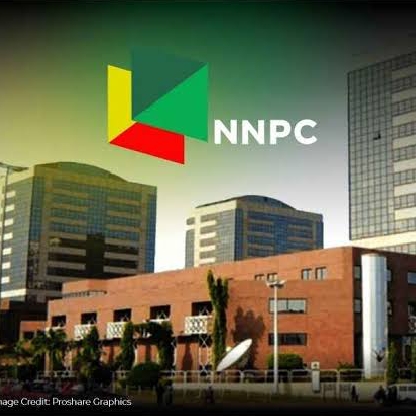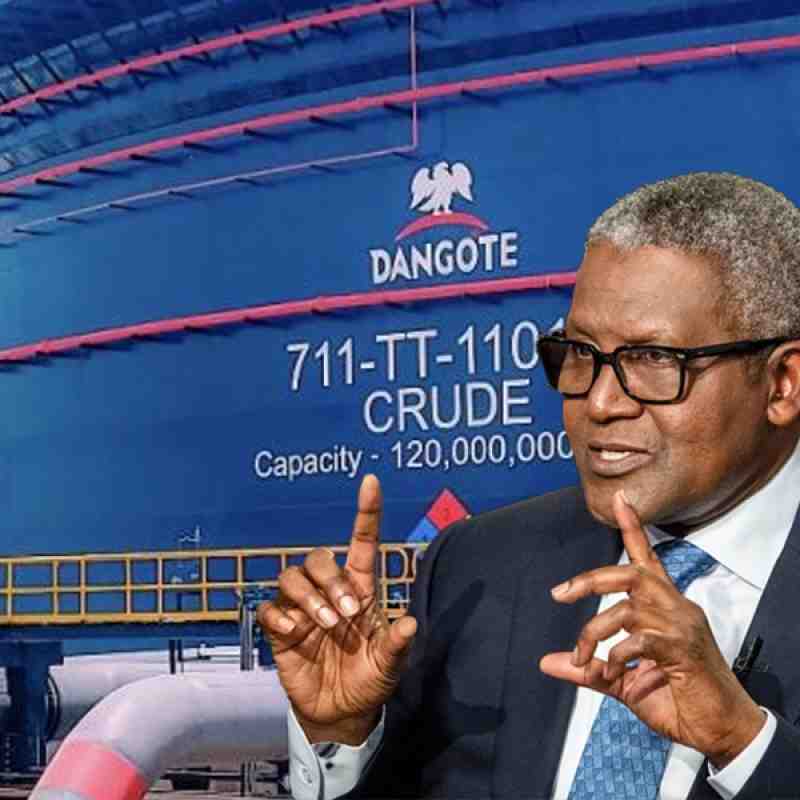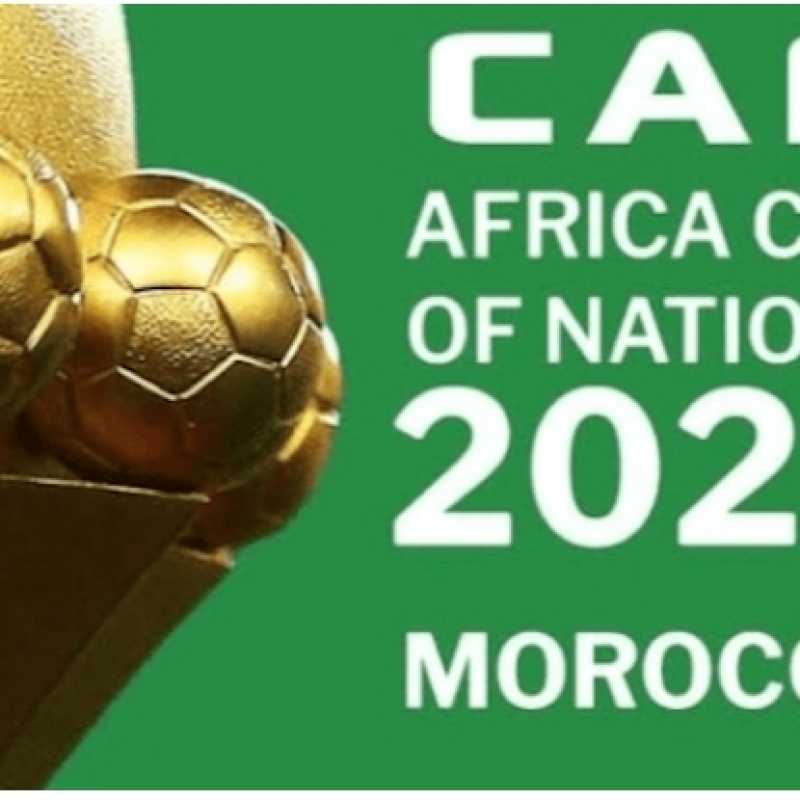Nigeria’s oil industry is once again at the center of a storm, and this time it is not about crude oil theft or subsidy payments. A leaked draft of the Petroleum Industry Act (Amendment) Bill 2025 has sparked whispers in political corridors and loud debates across energy circles. The big question on everyone’s lips is simple: is the government about to clip the wings of the almighty Nigerian National Petroleum Company Limited (NNPCL)?

According to a Reuters report dated September 19, 2025, the proposed amendment would strip NNPCL of its long-standing role as the government’s concessionaire in production sharing contracts and other oil agreements. That function would instead be handed over to the upstream regulator, the Nigerian Upstream Petroleum Regulatory Commission (NUPRC). For an industry where contracts mean billions of dollars, this shift is like moving the throne from the palace to the referee’s house.
Attorney-General Lateef Fagbemi reportedly wrote in a letter that Nigeria’s dwindling oil revenues were tied to “statutory leakages and opaque deductions under the current PIA architecture.” That line alone has become the gossip point of the week in Abuja. What exactly are those “leakages”? Who is benefiting from the so-called opaque deductions? And why is it suddenly urgent to change the rules just two years after the Petroleum Industry Act was passed?
Analysts say this amendment could make NUPRC both an umpire and a player. Critics warn that giving oil contract control to a regulator might create conflicts of interest, while loyalists of President Tinubu’s administration argue it will finally block revenue leakages and bring more transparency. Meanwhile, inside the NNPCL headquarters, insiders whisper about fears of losing influence, jobs, and the kind of prestige that made the company a power broker in every government.
For Nigerians who type search words like “NNPC oil scandal,” “NUPRC new powers,” or “Petroleum Industry Act amendment 2025” into Google this week, the answers will not be simple. The amendment is still a draft, not yet signed into law, but the political drama it has unleashed is already shaking both the energy industry and social media timelines.
Online gossip forums are buzzing with theories that this move is more about control than reform. Some suggest it hands too much power to the Ministry of Finance through its corporation MOFI, which will now reportedly be the sole shareholder in NNPCL. Others suspect the plan is to weaken NNPC before a possible restructuring or even partial sale. None of these suspicions have been proven, but Nigerians are rarely wrong to smell politics behind sudden policy shifts.
The timing also fuels speculation. Why September 2025? Why now, when oil prices are fluctuating and government coffers are strained? Energy watchers say the government is desperate for quick revenue inflows, and the amendment could be a bold attempt to stop money from slipping away. But opponents argue that the Petroleum Industry Act was meant to stabilize the sector, and changing it so soon reeks of confusion or worse, hidden agendas.
Whatever the motive, one thing is certain: the days of NNPC being untouchable may be numbered. If the amendment sails through, Nigeria’s regulator will not just monitor, it will sit directly in the driver’s seat of billion-dollar oil contracts. And that, dear reader, is not just news - it’s a scandal waiting to unfold.


















Comments
Yes
This kind of things is not possible for Nigeria wey corruption dey
NNPC go cry 😂